A brachial plexus injury can lead to weakness or paralysis in the arm. Advanced surgical treatments help restore movement and function.
Introduction
Imagine a bundle of nerves as a power cable that controls your shoulder, arm, and hand. Now, imagine if that cable gets damaged—suddenly, your arm doesn’t move, or you can’t feel your fingers. That’s what happens when the brachial plexus gets injured.
If you or a loved one is facing this challenge, you’re not alone. With expert care from professionals like Dr Anubhav Gupta, a highly skilled brachial plexus surgeon in Delhi, many people are regaining strength, movement, and hope. In this article, we’ll guide you through everything you need to know—before, during, and after brachial plexus surgery.
What is the Brachial Plexus? Think of the brachial plexus as the control room of your upper limb. It’s a network of nerves that starts in your neck and stretches down to your arm. This bundle is responsible for sending signals from your brain to your shoulder, arm, and hand—allowing you to lift, grip, feel, and move. When this nerve network is damaged, it can cause pain, weakness, numbness, or even paralysis in the arm.
Common Causes of Brachial Plexus Injuries
Brachial plexus injuries can occur suddenly or develop over time. Here are some typical reasons:
Road accidents, especially bike crashes
Birth injuries (Erb’s palsy)
Sports injuries
Tumors or inflammation
Shoulder dislocation
Early detection and treatment make a huge difference in recovery.
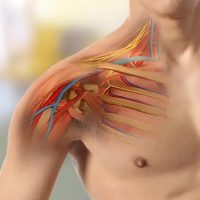
Symptoms to Watch Out For
Some signs may appear right away; others may take time. If you notice any of these, it’s best to consult a brachial plexus specialist near me immediately:
Weakness in the shoulder or arm
Tingling or numbness
Pain in the arm or neck
Inability to move the arm or hand
Muscle shrinkage over time
When Should You See a Specialist?
Don’t ignore your symptoms thinking they’ll go away. If your arm feels “switched off,” it might not be a sprain—it could be a nerve issue.
Visit a brachial plexus surgeon in India within a few weeks of injury. Delay in treatment can reduce your chances of full recovery.
Finding the Right Brachial Plexus Surgeon
Your recovery greatly depends on who treats you. Look for:
- Experience in nerve reconstruction
- Specialized training
- Advanced surgical equipment
- Positive patient testimonials
When you search for a brachial plexus specialist near me, prioritize expertise and results.
Meet Dr Anubhav Gupta: Expert in Brachial Plexus Surgery
Dr Anubhav Gupta is a renowned brachial plexus surgeon in Delhi with years of experience in nerve surgeries. He’s known for:
- Successfully treating complex nerve injuries
- Compassionate, patient-first approach
- Use of latest microsurgical techniques
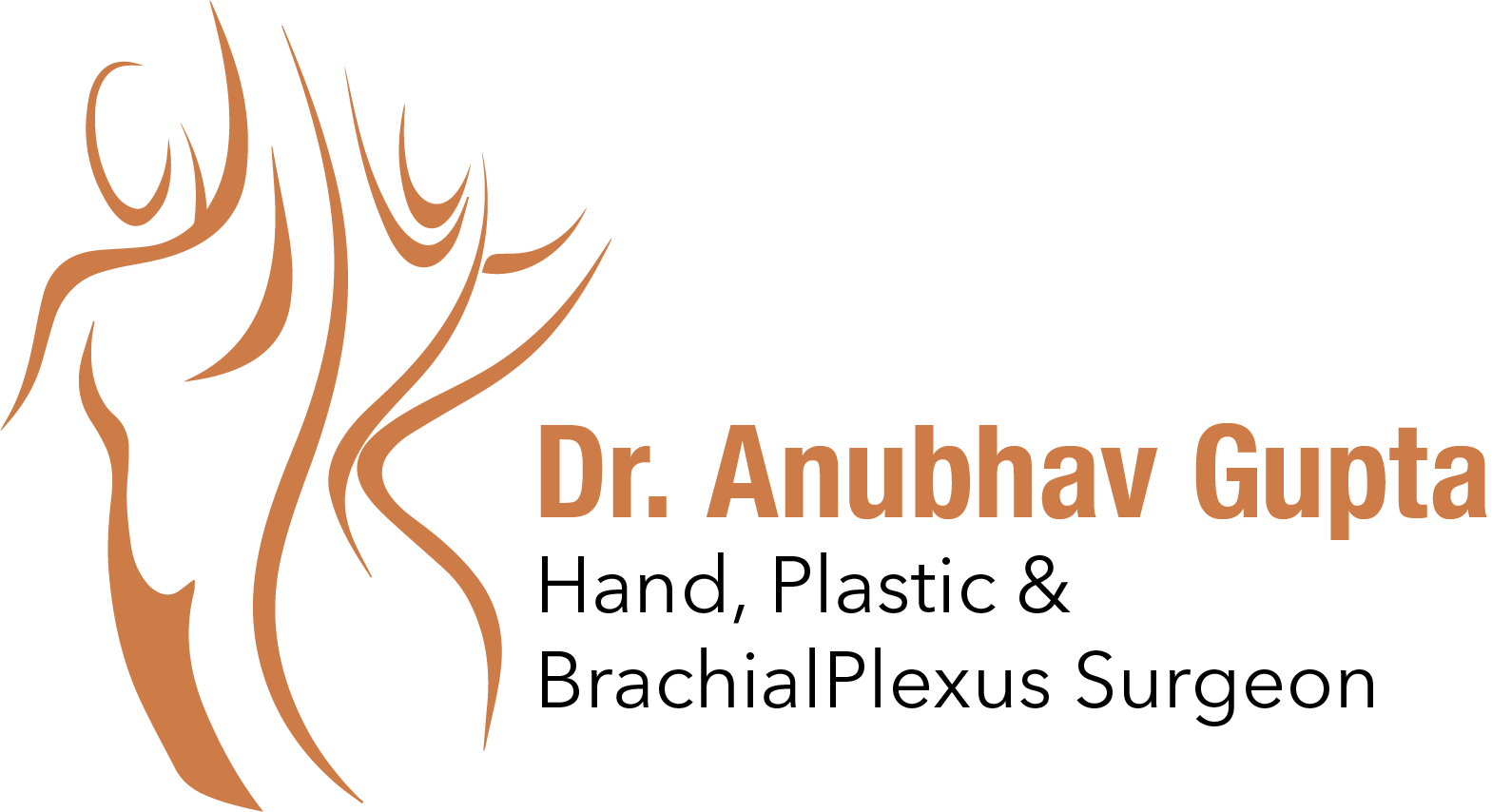
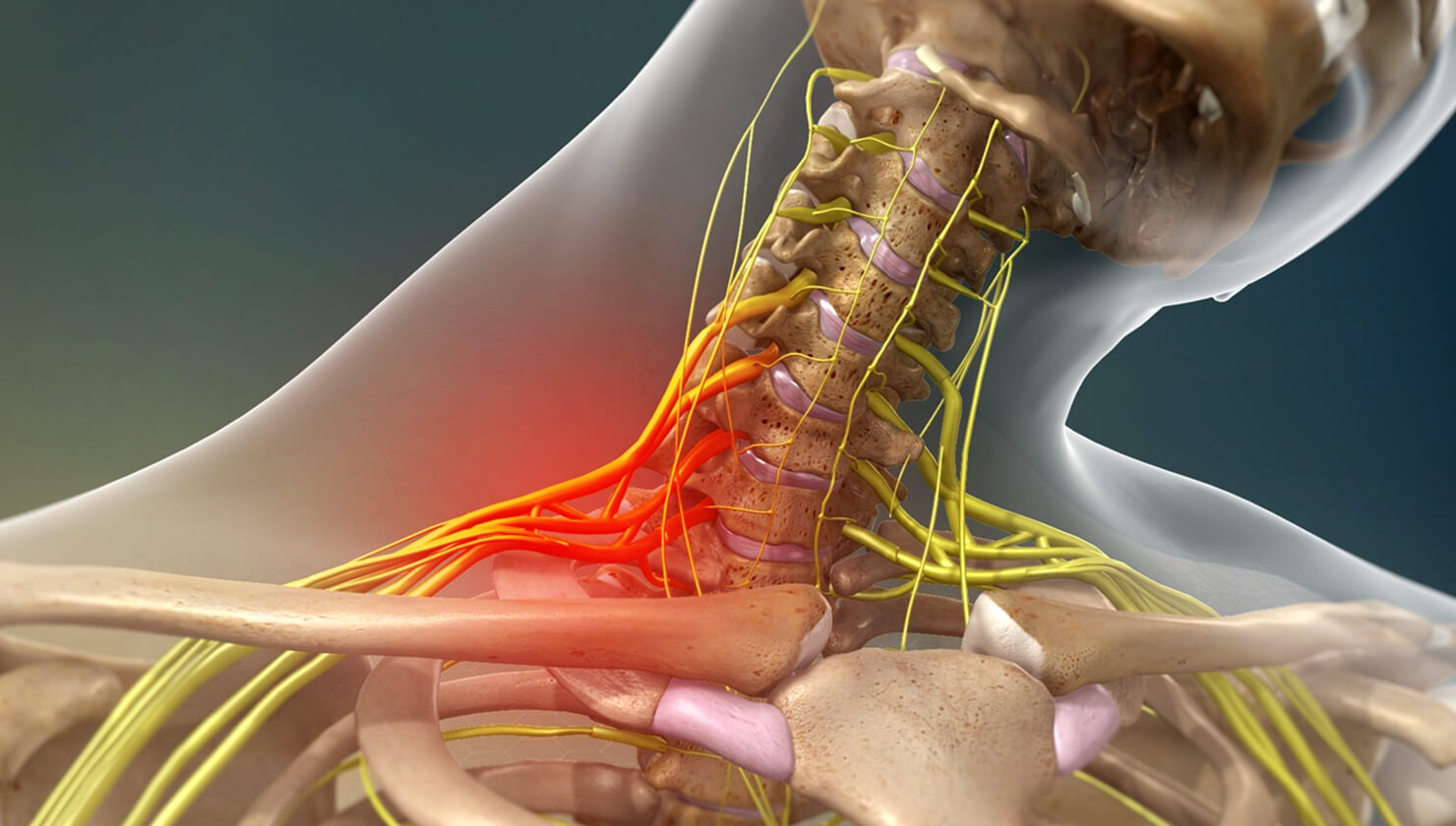
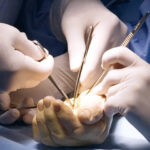

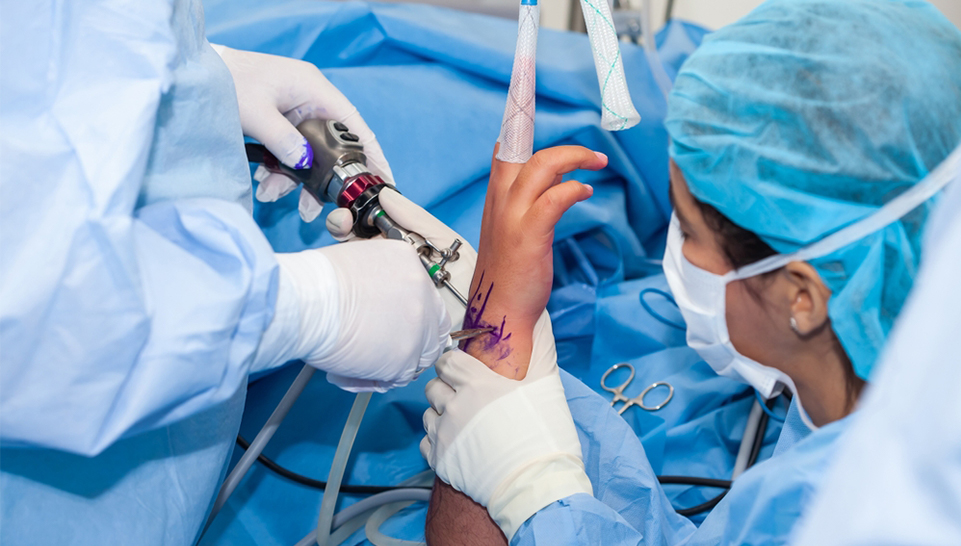

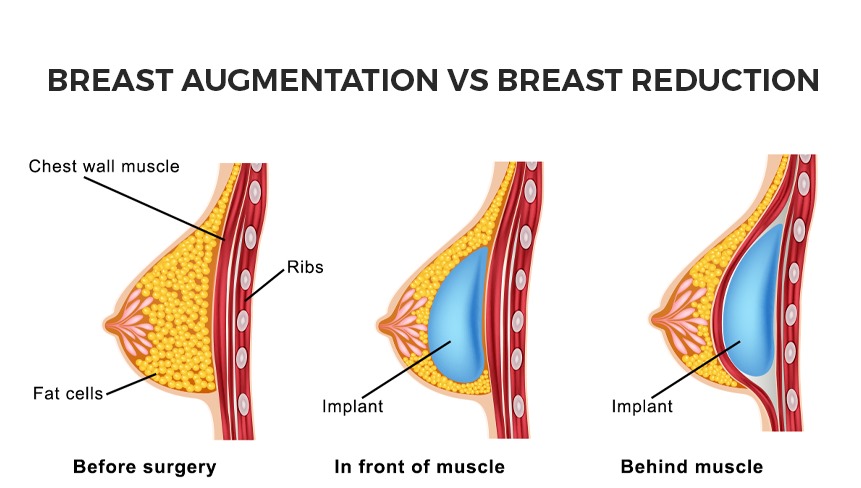






Comments
adamgordon
Thanks for sharing this post, it’s really helpful for me.
cmsmasters
Glad to be of service.
annabrown
This is awesome!!
cmsmasters
Thanks.